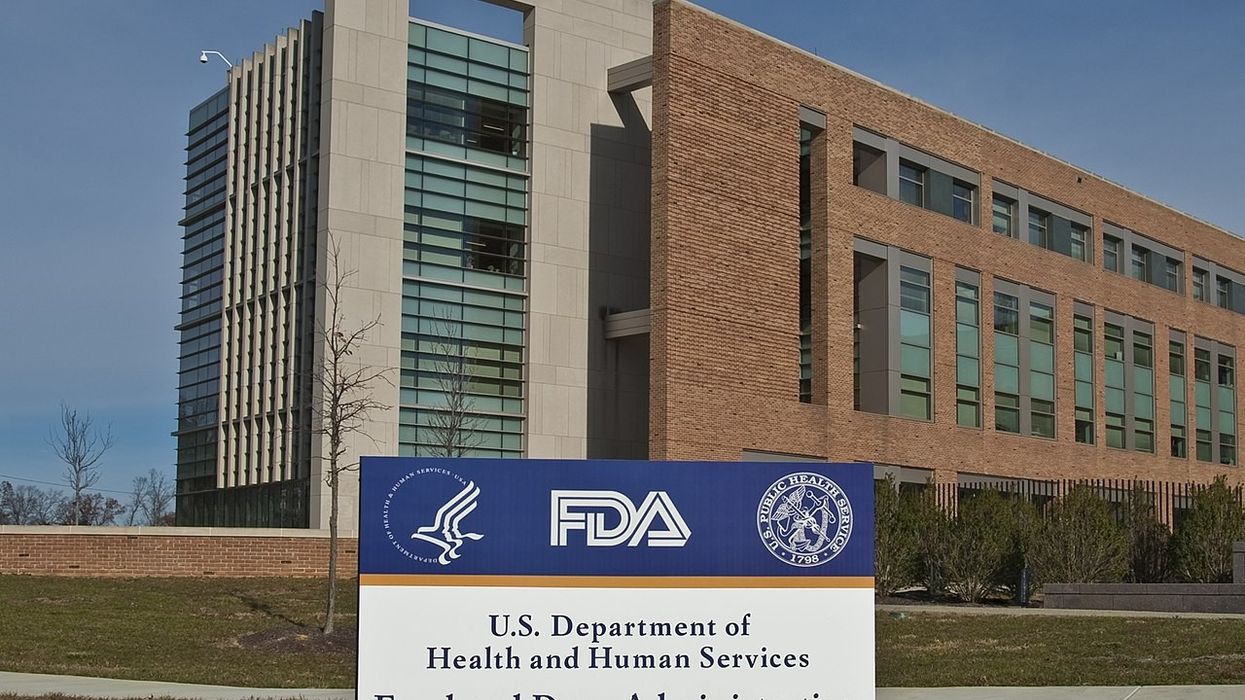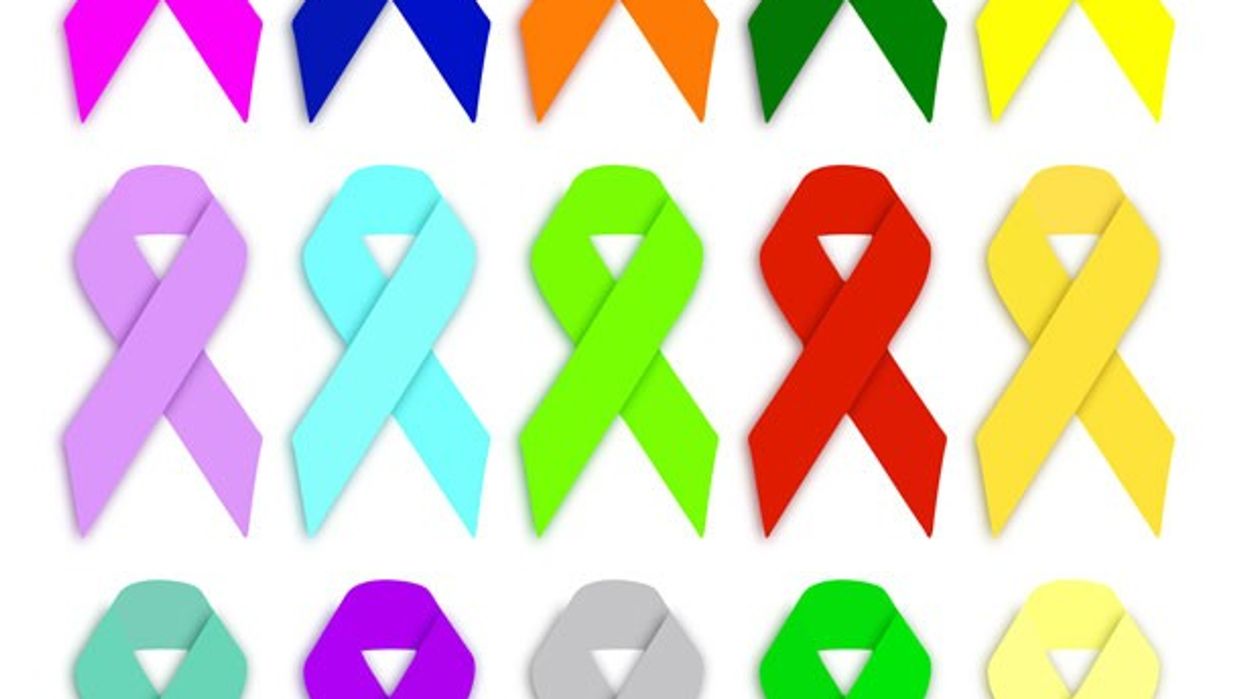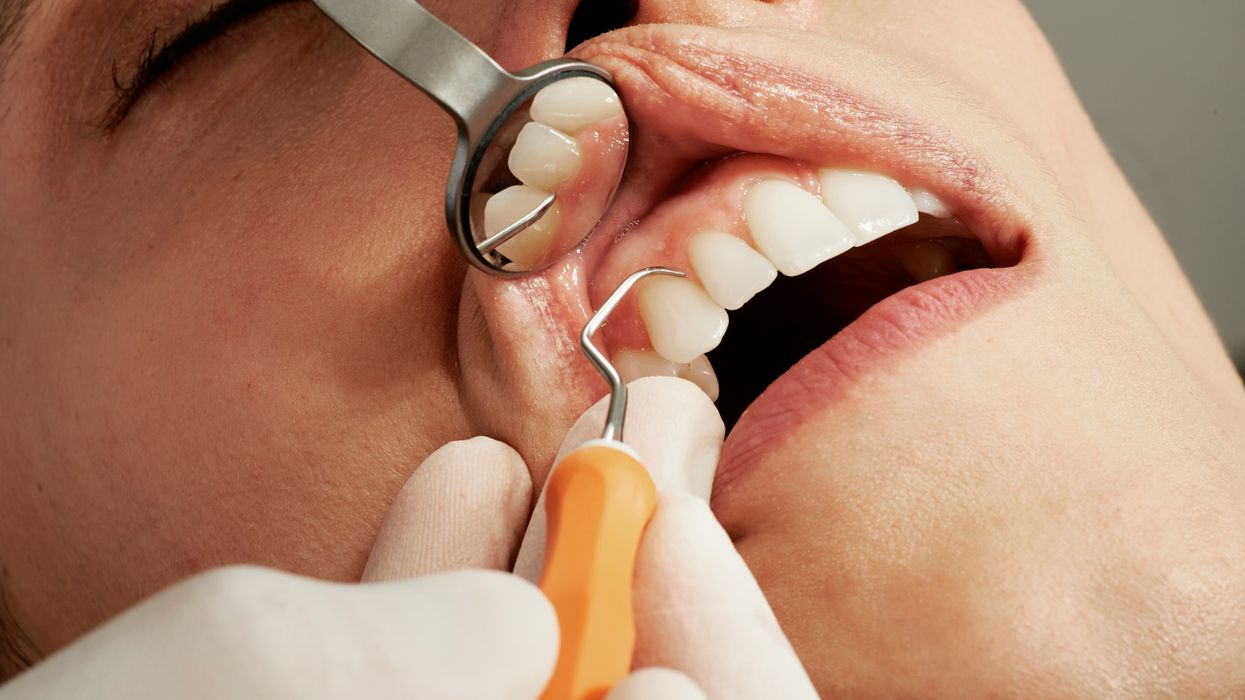February, the month of love, also serves as a time to recognize the millions of family members across America who provide emotional and physical care to their loved ones daily.
According to the Family Caregiver Alliance, a caregiver is an unpaid individual—such as a spouse, family member, friend, or neighbor—who assists others with daily living activities and medical tasks.
“The most important thing I tell caregivers every day is that we were born to do this. At some point in life, you are either going to be a caregiver or be cared for,” says Pat Bailey, founder of Finding New Tomorrows and known as the Caregiver Coach. “I encourage caregivers to lean into their spiritual side and their relationship with God. When I cared for my mother, I saw my spiritual gifts come to life—wisdom, knowledge, mercy, and hospitality. These gifts helped me provide wraparound care for her, and they also allowed me to support extended caregivers.”
The impact of caregiving is immense. According to AARP, unpaid family caregivers provided care valued at approximately $600 billion in 2021.
In honor of National Caregivers Day on February 21, Bailey shares five key points every caregiver should know:
1) Planning is Essential
Many caregivers find themselves in this role unexpectedly, with little to no preparation. “When I became a caregiver for my mother, it all started with a phone call. She got tested, and within months, she was living with us,” Bailey recalls.
If you have an aging loved one, start planning now. Over time, you'll need to develop a structured plan for their daily living, healthcare, diet, and exercise. Being proactive will help reduce stress and ensure your loved one receives the best possible care.
2) Prioritize Self-Care
“You have to put your mask on first,” Bailey emphasizes. Many caregivers get caught up in the rhythm of caregiving without making time for their well-being. “Just as you would create a plan for your parents, you need to include self-care in that plan.”
Understanding the different phases of caregiving and implementing strategies to manage stress is crucial. Caring for yourself enables you to provide better care for your loved one.
3) Safety First
Evaluate how safe your home is for your loved one. For instance, if you are caring for someone with Alzheimer’s or dementia, dark carpets may appear as holes to them, causing distress or accidents. Install child safety locks on cabinets to prevent access to harmful items. Small modifications can make a significant difference in creating a secure and safe environment.
4) Prayer and Hope
Never underestimate the power of prayer. Bailey encourages caregivers to pray daily—for themselves, their loved ones, and anyone involved in their care. Spiritual support can be a source of strength and comfort during difficult times.
5) Forgive and Let Go of Anger
Caregiving can bring up a range of emotions, including frustration and resentment. “Many caregivers enter this process with anger—toward their parents, siblings, or even doctors. But anger has no place in caregiving,” Bailey advises. Letting go of negative emotions allows you to focus on providing compassionate care.

Finding Support in the Caregiver Circle
Bailey invites caregivers to join the Finding New Tomorrows Caregiver Circle, a nationwide community offering emotional support and practical resources.
According to the Anxiety and Depression Association of America, more than one in five Americans—21.3% of the population—serve as caregivers, providing support for an adult or child with special needs. Among these caregivers, approximately 38% experience extreme stress.
“Let us take care of you in the circle,” Bailey encourages. “Many caregivers don’t have time to attend in-person support groups. Our Caregiver Circle is a virtual community where you can connect with others who truly understand your journey.”
The Finding New Tomorrows Caregiver Circle provides resources categorized by state, helping caregivers access support in their local communities.
For more information and caregiving resources, visit Finding New Tomorrows.


















